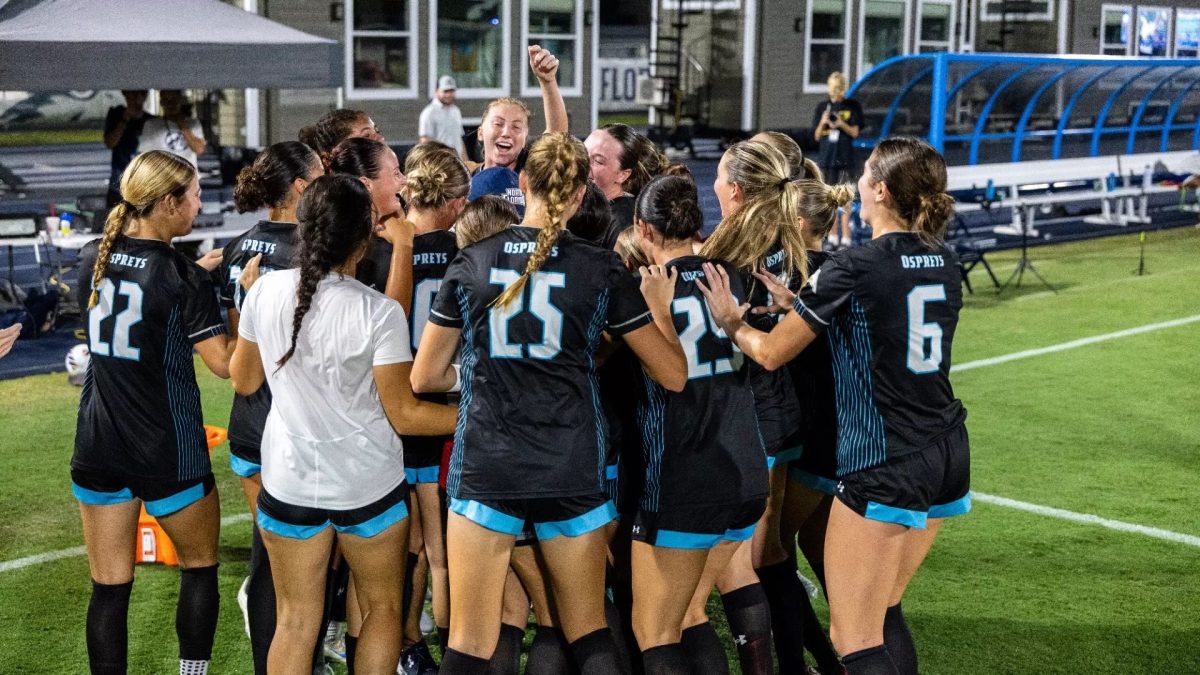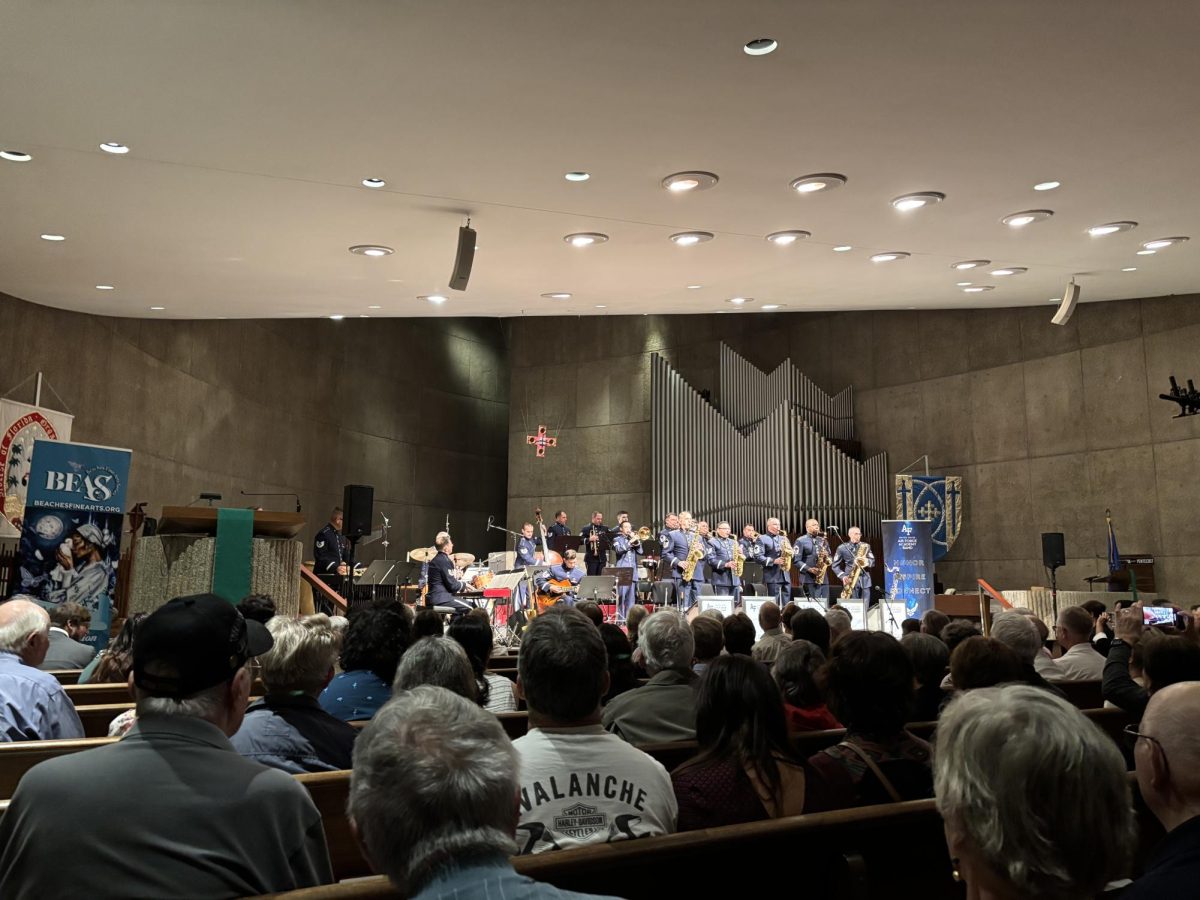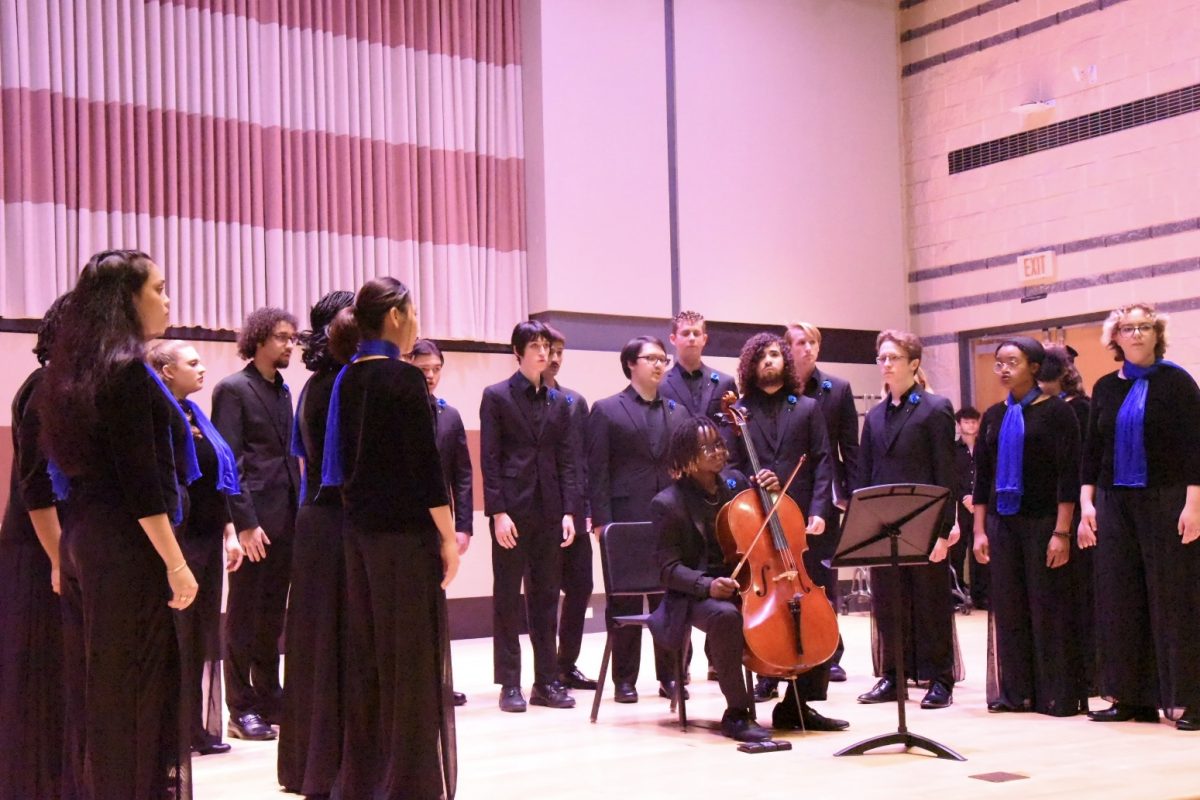This article expresses the views of its author(s), separate from those of this publication. Readers are encouraged to comment or submit a Letter to the Editor to share their opinions. To submit a Letter to the Editor, follow the instructions here.
Since TikTok’s emergence in 2016, the social media platform has developed an infuriatingly firm chokehold on song popularity, and I fall for it every time.
To be clear, I appreciate finding new music and don’t feel anything inherently wrong about the opportunities TikTok has created for musicians. However, I find myself hyper-aware when I fall into the trap of TikTok’s influence as I repeatedly listen to one song.
The popularity of the app’s short-form content has exploded, with new trends constantly developing, but not without the support of music. TikTok has become a crucial part of the spread of new music and a place for revamping older songs within a new context that this generation can resonate with.
That being said, there has been conflict between musicians and the use of songs on TikTok because of disagreements involving, you guessed it, money.
Earlier this year, Universal Music Group, which signs artists such as Taylor Swift and Ariana Grande, threatened to withdraw their music from the platform. The statement, however, was more than a threat; the record label followed through and removed TikTok’s access to the songs, leaving users highly displeased.
It wasn’t until May 2024 that UMG and TikTok reached a new agreement. The platform restored a vast array of music, sustaining the mutually beneficial relationship.
There is also now a feature on the social media platform that allows users to look at Billboard’s Top 50 songs on TikTok in the United States. As of Nov. 9, this list includes songs such as “Maps” by the Yeah Yeah Yeahs, “Forever Young” by Alphaville and “That’s So True” by Gracie Abrams— which has also gained a place on Spotify’s Top Hits.
This is not only useful in spreading the music of already well-known artists but also provides a platform for independent and smaller musicians who are trying to make it in the entertainment industry. Without TikTok, artists such as Lil Nas X, Gracie Abrams and Jack Harlow may not have reached the recognition they hold now.
Ultimately, trends support TikTok’s chokehold on both new and old music. Artists can post and interact with fans, directly promoting their music, and songs also become associated with dances and lip-syncing videos.
As a creature of habit, I stick to the music I know because I don’t have to think about whether I will enjoy it. However, scrolling through TikTok has led me to new songs that are now on a loop on my Spotify playlists (If you haven’t listened to “last night’s mascara” by Griff, you should do it now. It’ll ruin your life, but in the best way possible.).
Denying and avoiding TikTok’s relevance for Generation Z is hard.
The app’s influence goes beyond mindless scrolling, infiltrating other popular culture areas. While this is not innately problematic, as TikTok users, we should be conscious of why we find ourselves drawn to certain songs. Is it truly the music we enjoy, or is the trend so entertaining that the song is hard to ignore?
___
For more information or news tips, or if you see an error in this story or have any compliments or concerns, contact editor@unfspinnaker.com.
















